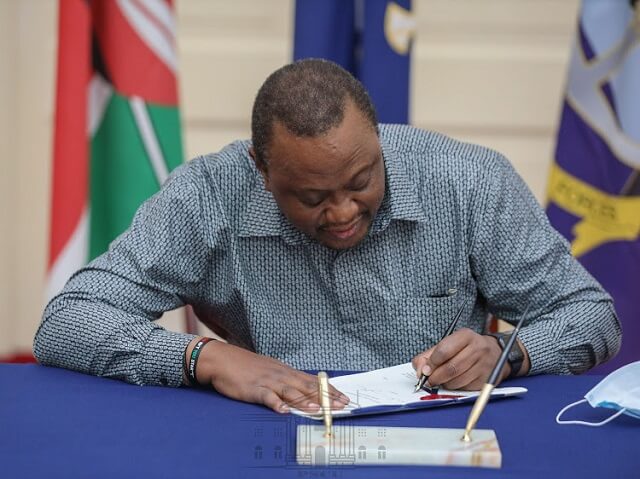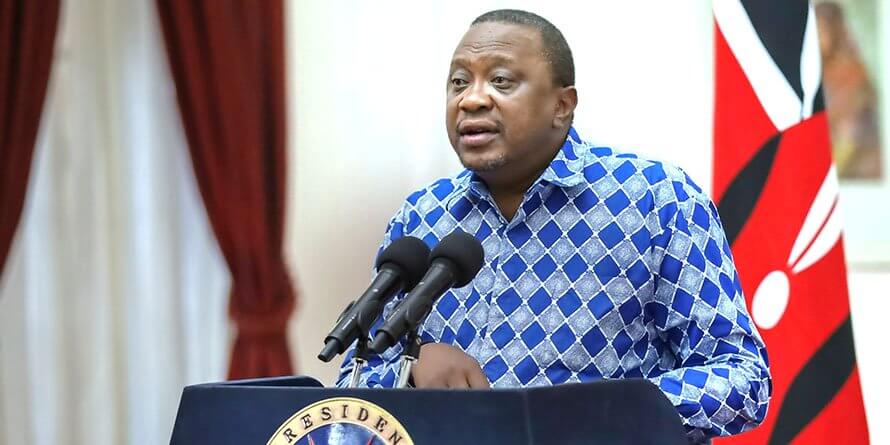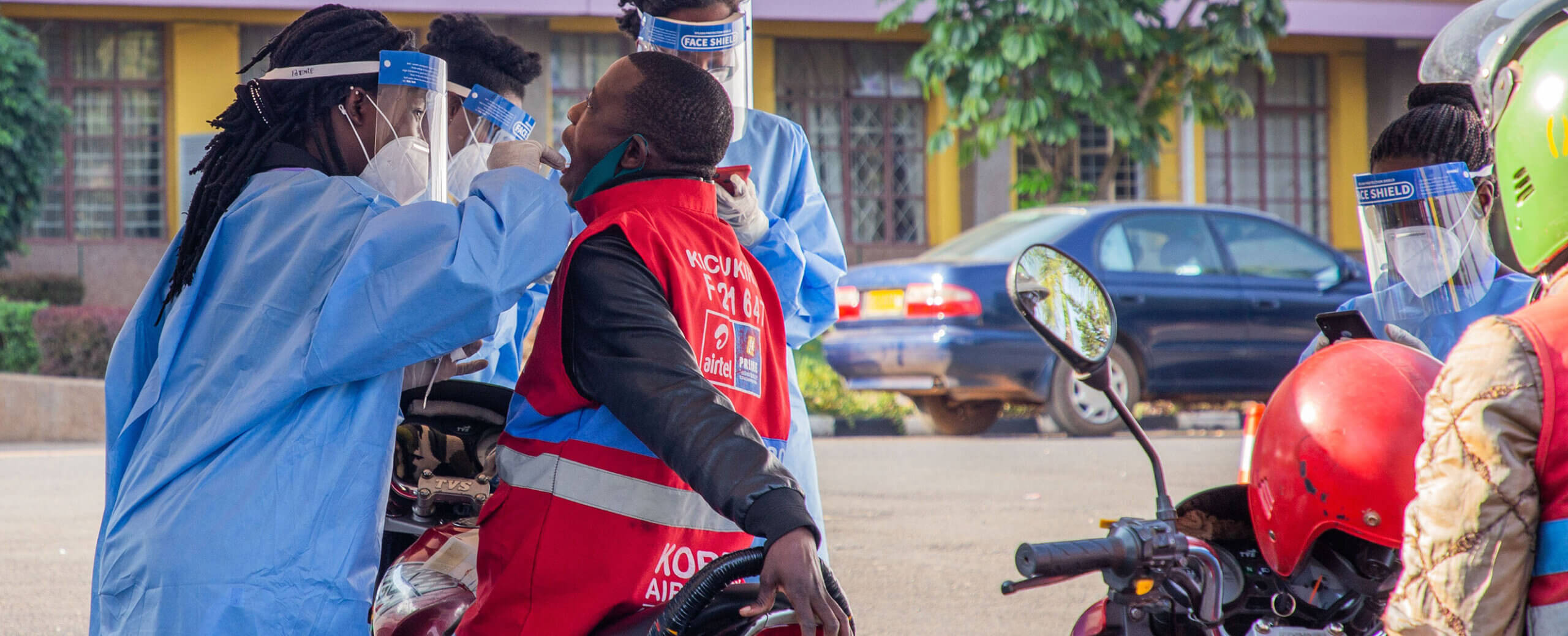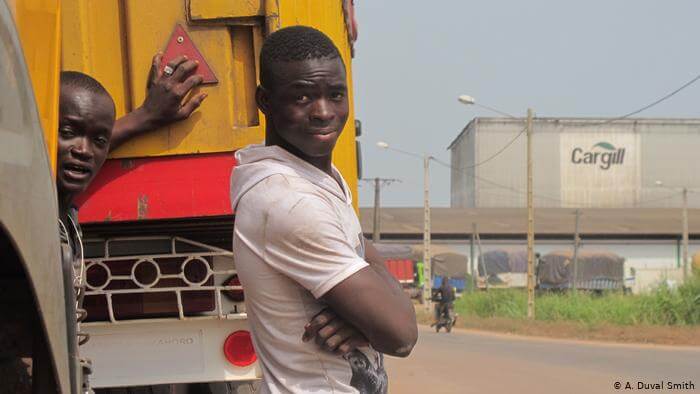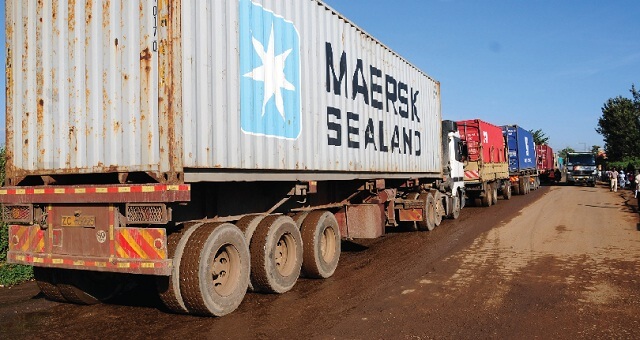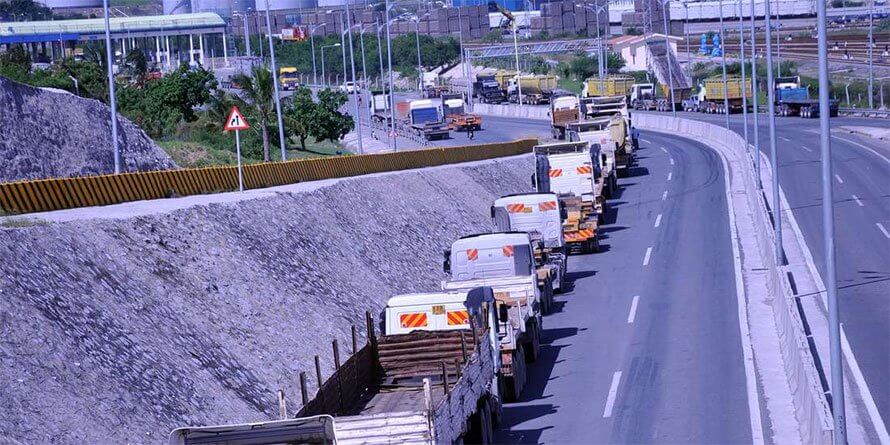NAIROBI, Aug. 7 (Xinhua) -- Kenyan President Uhuru Kenyatta on Friday established a framework for the management, coordination and integration of public port, railway and pipeline services under the Kenya Transport and Logistics Network (KTLN). In an Executive Order issued in Nairobi, Kenyatta said the network brings together Kenya Ports Authority (KPA), Kenya Railways Corporation (KRC) and Kenya Pipeline Company Limited (KPC) under the coordination of the Industrial and Commercial Development Corporation (ICDC). "KTLN will leverage on the efficiencies and synergies of the four State agencies so as to achieve Kenya's strategic agenda of becoming a regional logistics hub," he said. Kenyatta said the new framework also allows for the centralization and coordination of operations without amending the existing laws or causing undue disruption to the legal structuring of the State entities. He said the new structure is expected to lead to the lowering of the cost of doing business in the country through the provision of port, rail and pipeline infrastructure in a cost-effective and efficient manner, and within acceptable shared benchmark standards. The president said the four State agencies have been transferred to the National Treasury in line with the recommendations of the presidential task force on parastatal reforms. In the new arrangement, Kenyatta said, the ICDC will act as a holding company to the three agencies, and be responsible for the management of the State's investments in ports, rail and pipeline services. He said the State agencies will be required to enter into a joint operations agreement...
Kenya sets up transport, logistics network to cut business costs
Posted on: August 11, 2020
Posted on: August 11, 2020

